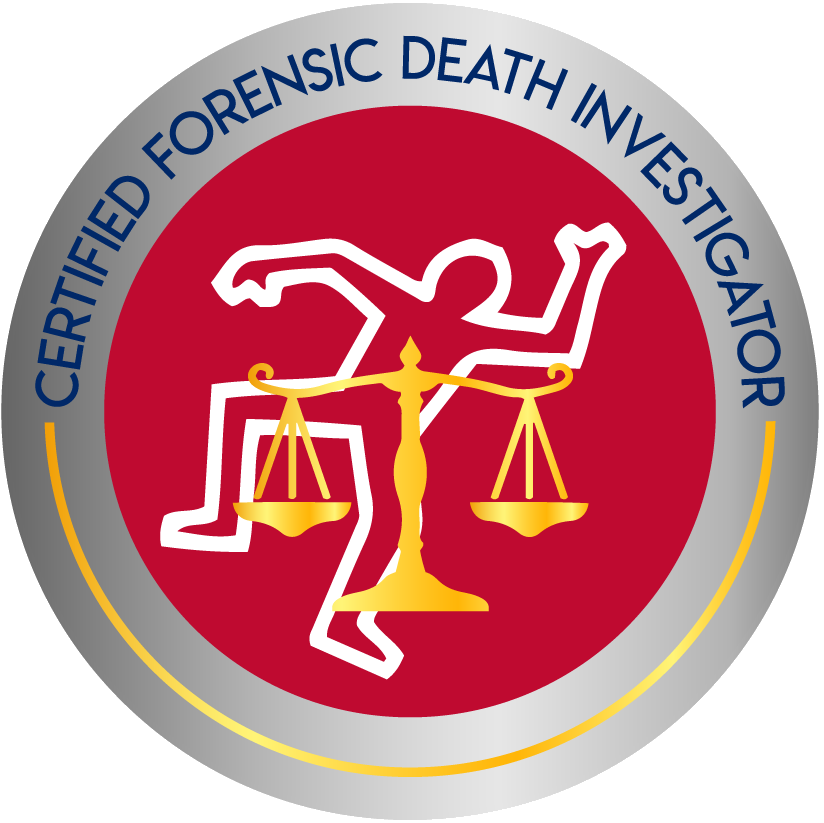Colorado now one of only 5 states that DO NOT require a PI to be licensed!
- PPIAC https://ppiac.org/colorado-private-investigator-news/9096684

Please visit www.DeathCaseReview.com/hb20-1207 for these important and complete details. We have also included a link to a training video, intended for Colorado licensure, which details the losses to the public. We recommend all Colorado Professional Investigators - new and veteran - follow the guidance in this video for the standards of practice and ethics.
First, we Thank YOU - our clients and colleagues - for the overwhelming support from when we started working with DORA (so we thought) in the sunset review process about this time last year, and right up until it was vetoed. Many sent letters to DORA, the legislature, and the governor's office. We appreciate the time you took to support our profession and consumer protections in Colorado!
Most important, we want to assure our clients this will have no change or impact to our client-investigator relationships, how we conduct business and investigations, or our agency standards of practices and ethics. Prior to licensing in Colorado (2012 and mandatory from 2015 to present), we developed standards of practices and ethics and shared these with Colorado’s Department of Regulatory Agencies for the licensing program (together with extensive input from the Legislative Committee of the Professional Private Investigators Association of Colorado – PPIAC). We further adapted additional requirements from DORAs Rules and Regulations. These will continue to be in place for our clients and consumers. As part of our standards of practices and ethics, these include:
- Contracts
- Conflicts of interest
- Confidentiality
- Recordkeeping
- Truthful representation
- Business standards and compliance with laws
- Ethics
- Violated or attempted to violate any licensing provision or rule;
- Committed fraud, deceit, or misrepresented securing a license;
- Committed any felony or aggravated misdemeanor offense, was convicted or a guilty plea or nolo contendere;
- Was disciplined by another jurisdiction (includes other states denied licensure); or
- Any act or omission which violates generally accepted standards and ethics.

Let us analyze this, briefly, below. These losses to the public are detailed in a training video intended for Colorado licensure. We recommend all Colorado PIs - new and veteran - follow the guidance in this video for the standards of practice and ethics developed by DORA for the now ended licensing program. If you need a copy, please visit the DORA website or contact our agency. In addition, we recommend a comprehensive ethics as part of your practices. Our ethics are at www.DeathCaseReview.com/ethics
This is training video available FREE in August only!
http://co-pi-licensing.InvestigativeCourses.com.
1. "Rarely protect the public from harm" - because it worked bringing in 1,000 licensed PIs who followed codified standards of practice and ethics.
2. "Served incumbent license-holders as a barrier to entry for new competition including many retired officers of the peace." - this is a tired argument that retired or former law enforcement can't afford the license and bond fees (under $250 annually). Moreover, this does not benefit PIs - it benefits and protects the public... no one else.
3. "Licensure does not require any continuing education or real test of competency, instead requiring passage of an “open-book” jurisprudence exam." - attempts at continuing education were rejected every session and committee in the original licensure bill of 2014 and was not requested in this bill... in part, also because the governor said he would veto a requirement of continuing education. Finally,
4. "This regulation does place an undue burden on new entrants into the occupation and causes needless bureaucracy as well as the cost to the State and Coloradans." - the video, and information below - and much more provided to DORA and the governor - demonstrate there is essentially no burden to entry, the program was designed, under existing state law, to do so. Moreover, the statement of cost to Coloradoans is not founded in fact; all DORA regulated programs are fully funded by the licensees and cannot use any taxpayer funds.
5. "We are open to working with the General Assembly ... next session on legislation ... to pass a criminal background check and potentially retain some level of insurance or bond. These statutory requirements would not require full licensure to implement." - First, "We" are not open to registration for the simple reason it provides no consumer protection. Most important - this proposal has only two stated requirements, which existed in the current licensing program - pass a background check, and a bond. No test of jurisprudence knowledge (regardless of open book or not), no professional standards, no professional ethics, no consumer protection or recourse if harmed, and no discipline to any PIs and bad acts through regulatory oversight. No continuing education he said should exist. This was a personal political agenda veto. Not in the interest of Coloradoans.
When would this new 'registration' take place (if at all - highly doubtful)?
At the earliest, if passed in the 2021 session would be June of 2022... 22 months of no consumer protection - with a collective 75% supporting bi-partisan votes in the House and Senate committees and floor to protect Colorado's consumers.


